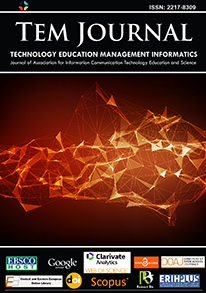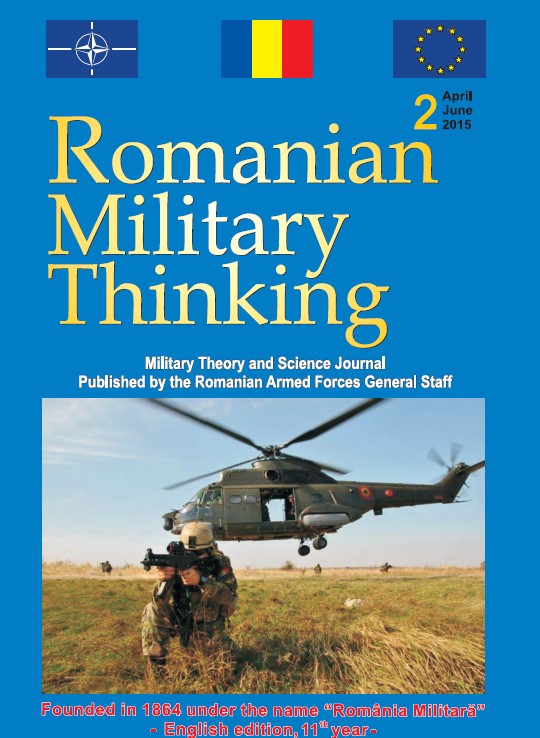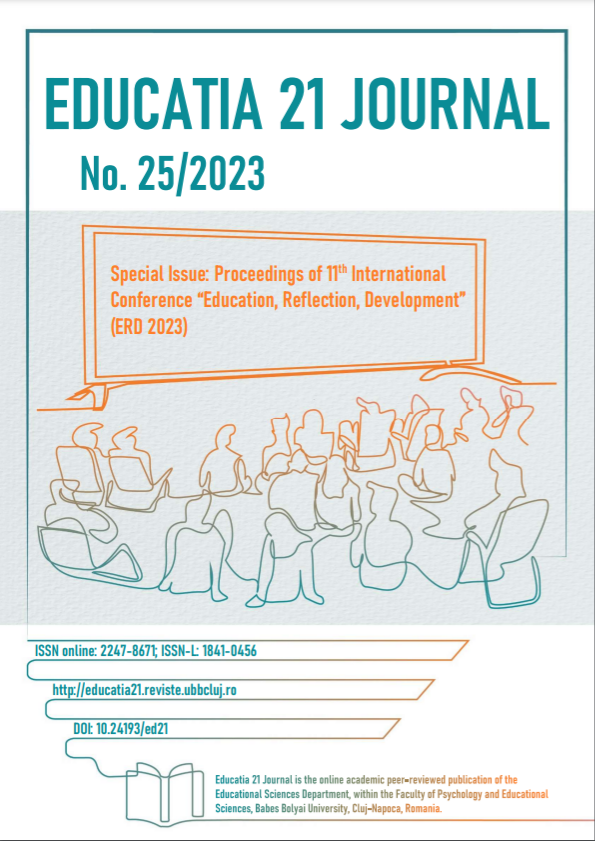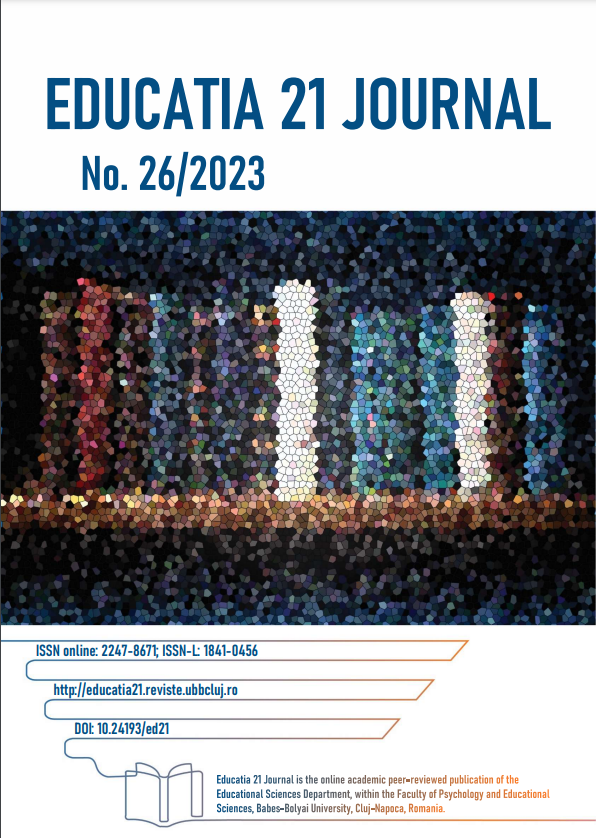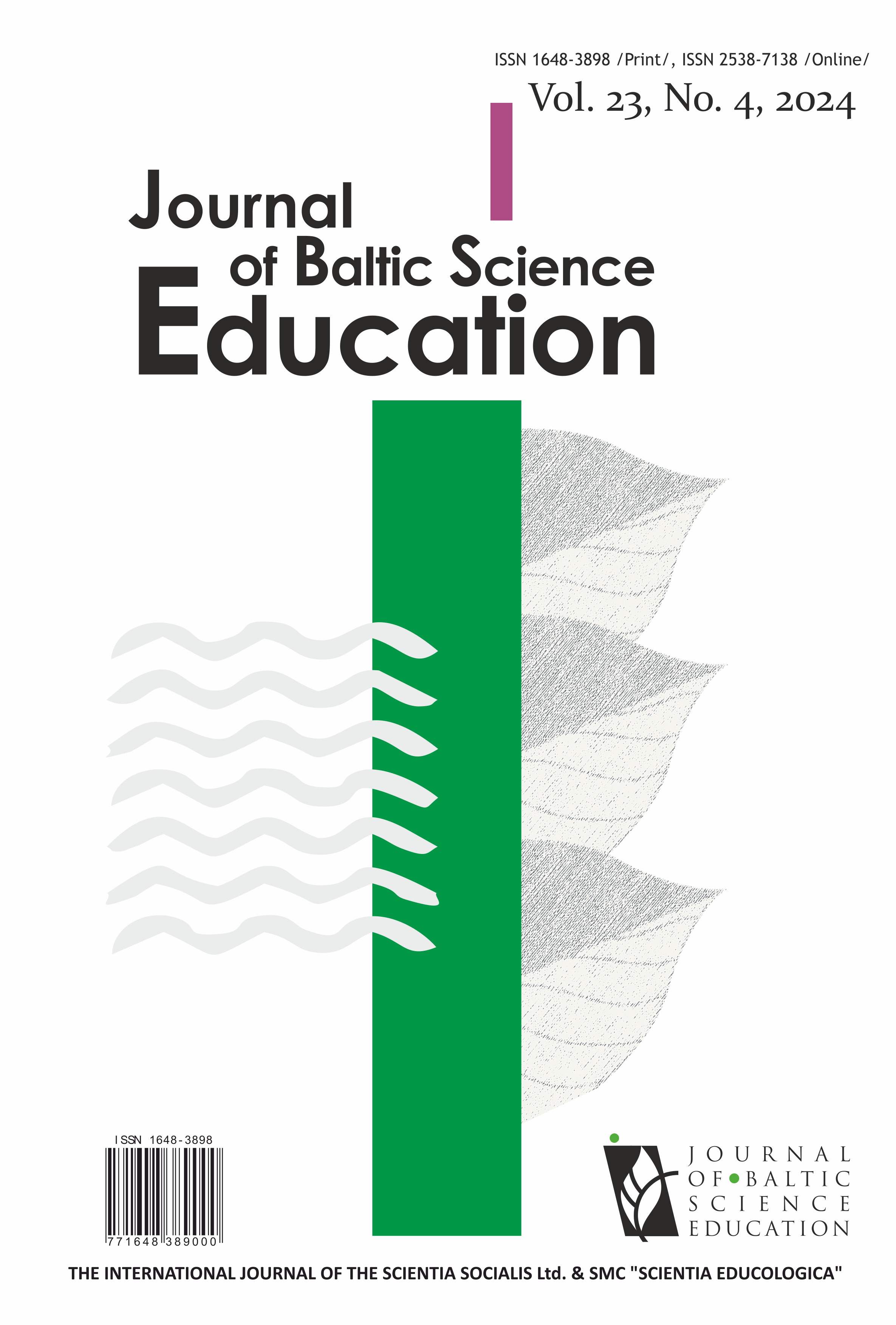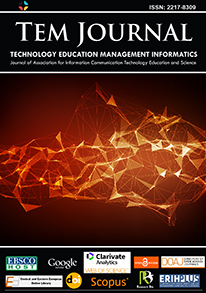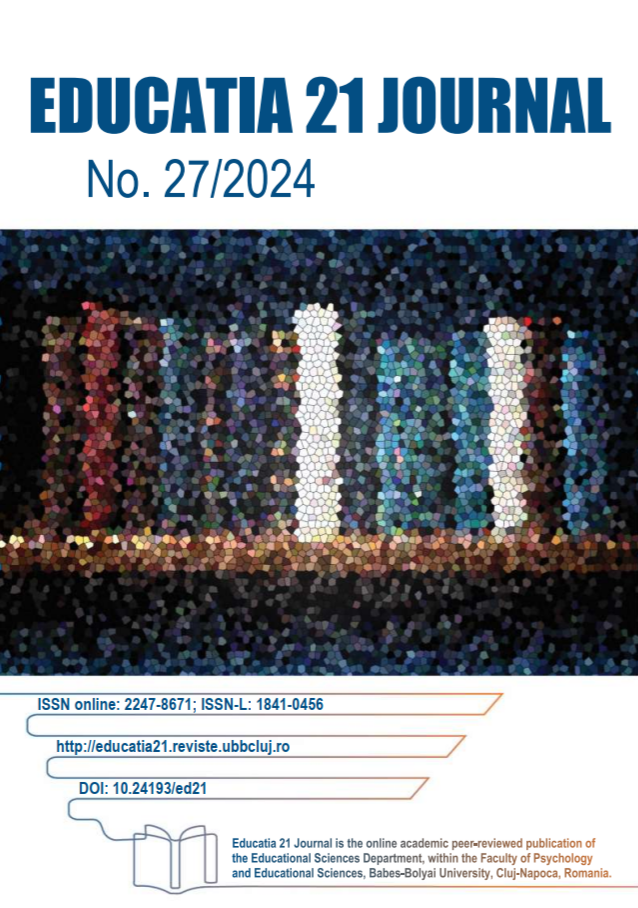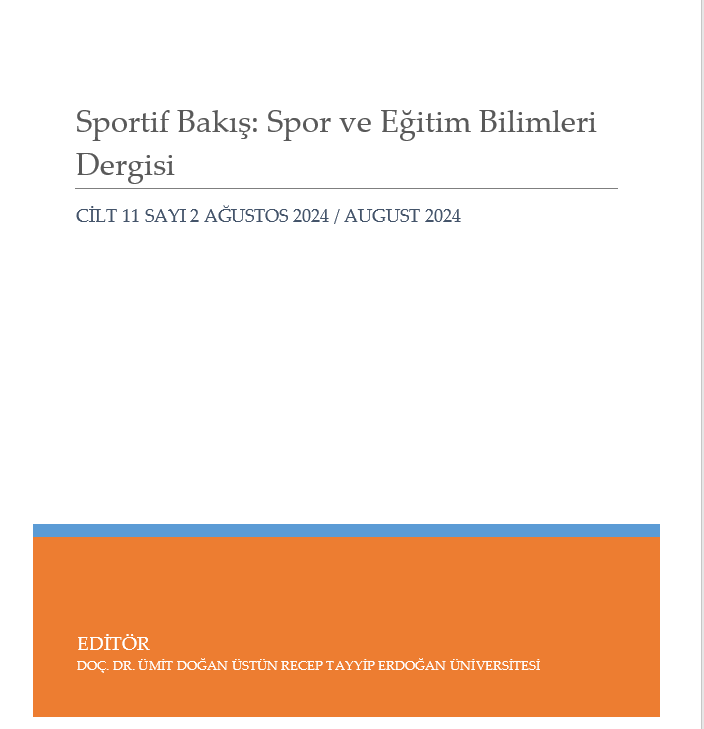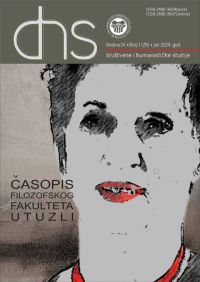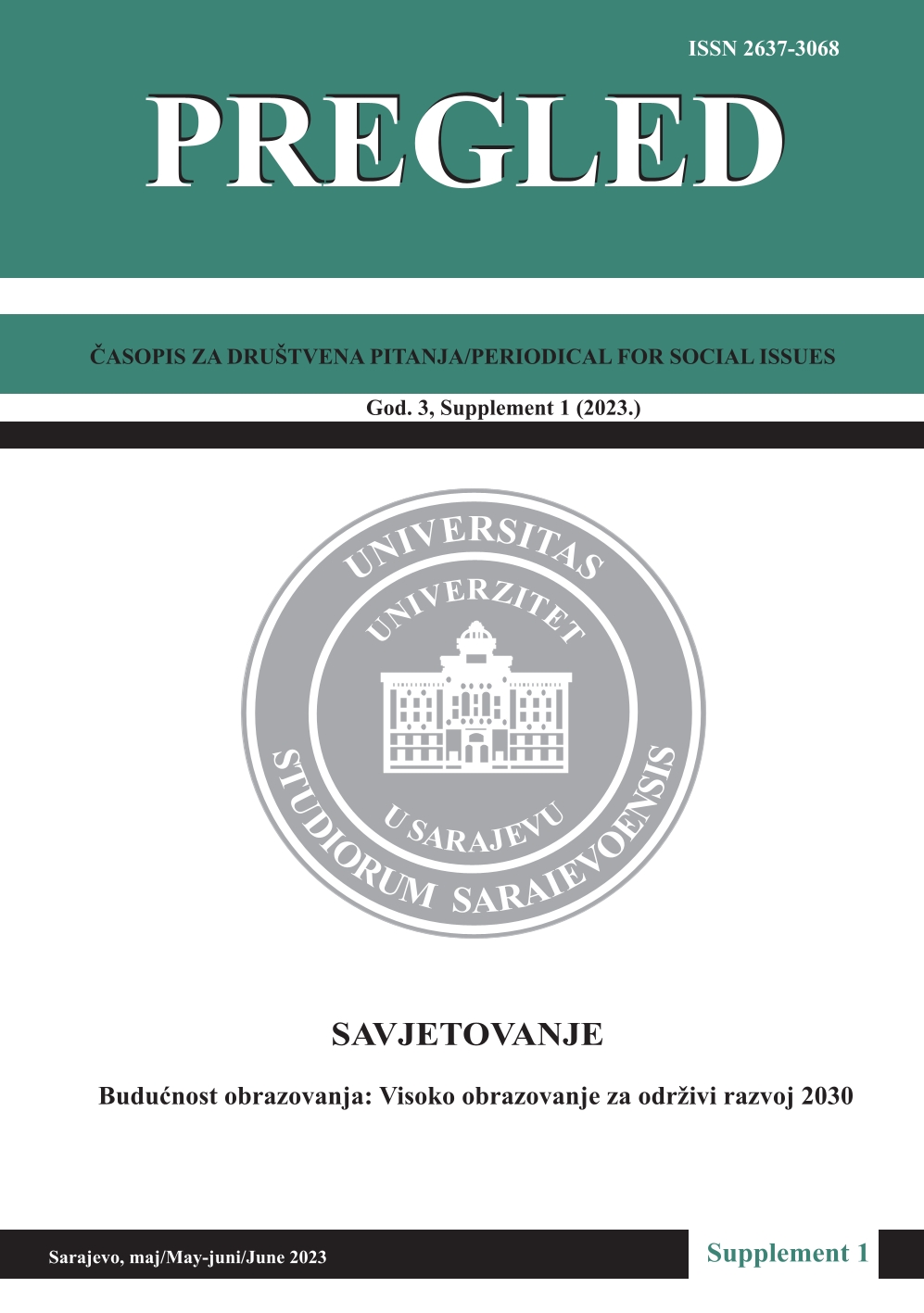
Podizanje kvaliteta, digitalizacija i modernizacija visokog obrazovanja kroz implementaciju ERASMUS+ projekta – IQPHARM
In order to raise and harmonize the quality standards of pharmaceutical studies at the national level of Bosnia and Herzegovina and thus get closer to the implementation and quality assurance of study programs of EU countries, a team of professors from the University of Sarajevo-Faculty of Pharmacy prepared and was awarded the Erasmus+ project IQPharm. IQPharm (Innovating quality assessment tools for pharmacy studies in Bosnia and Herzegovina) aims at capacity building of quality management, and aims to introduce new tools for quality improvement, digitization and modernization of pharmacy studies at public universities in Bosnia and Herzegovina, including strengthening semi-structured experiential education in line with EU standards and higher education regulations for regulated professions. The introduction of new tools for the assessment of the quality of study programs (KREF) enables the development of evidence-based recommendations for change, modification and innovation of existing methods of knowledge transfer, didactic approaches and curricula. The introduction of a new system of proficiency testing through experiential education (OSCE) sets equal standards at the national level for the learning outcomes of graduate pharmacists. The development of E-platform ensures the digitization and modernization of experiential education management. Experiential education at the level of Bosnia and Herzegovina will be significantly improved through the introduction of the E-platform, by raising the standards of the practice itself and facilitating its implementation by student services, students and their mentors. A special part of this project is the development of free modules, which are extracurricular subjects intended to enrich the knowledge of students and graduates of pharmacy, They should track the labor market trends, and thus make higher education more agile and attractive.
More...

